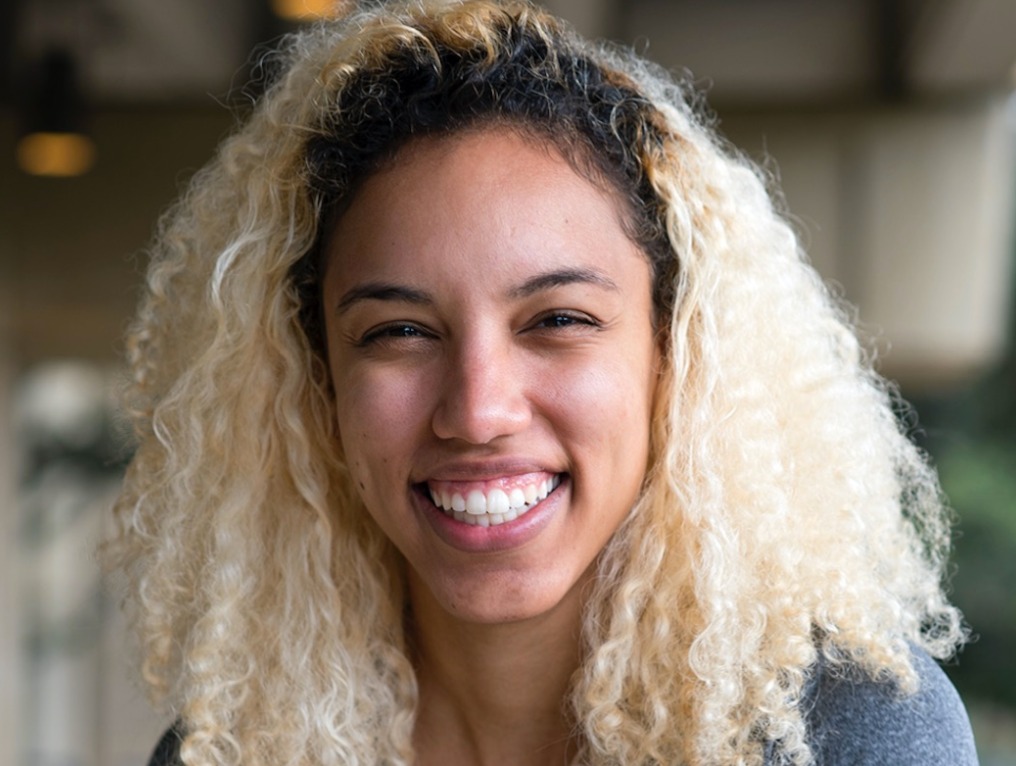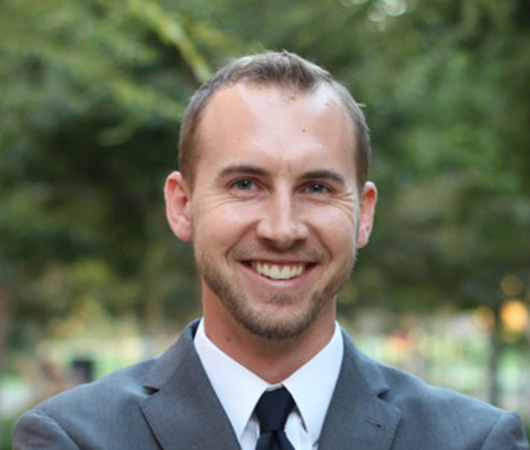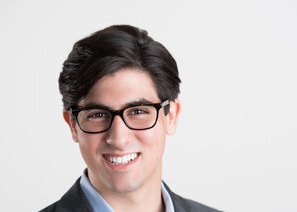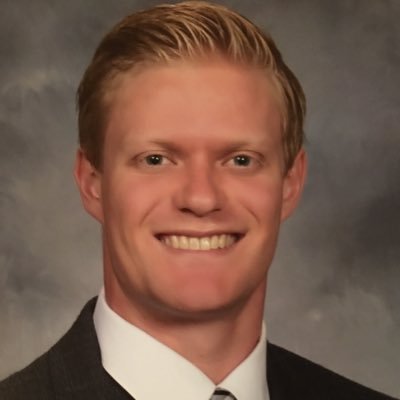Searching for the Next Best Li-ion Cathode with Brandi Ransom
Past Fortnightly -
As many industries work towards electrification for health, safety, and sustainability reasons, it has become clear that the performance of battery technologies must improve significantly — effectively going from an individual consumer product to a core piece of the long-term technological puzzle of the future. Long-lasting, grid-scale batteries present a new set of physical and chemical constraints on battery performance, but data science tools provide an efficient means to find materials at a vastly accelerated timescale versus traditional trial-and-error materials discovery.
In this episode of Aionics Fortnightly, Stanford University doctoral student Brandi Ransom will discuss the vast space of materials that are available as possible future battery chemistries. Along with an overview of current methods for searching this vast space, we’ll see a few of the necessary building blocks of materials optimization to ensure the promising nature of recommended candidates. We’ll then open the floor to audience Q&A.
Newsletter Subscription
Subscribe to our newsletter and stay updated with the latest in material informatics.
Guest bio

Brandi Ransom
Doctoral Student, Materials Science and Engineering, Stanford University
Brandi Ransom, from Houston, Texas, is pursuing a PhD in materials science and engineering at Stanford School of Engineering. Her research focuses broadly on channeling the power of machine learning and simulation software to accelerate the design and discovery of new materials for electric vehicle batteries and recyclable plastics. Her computational expertise is in quantum chemical methods and integration of software for high-throughput data collection. Much of her work focuses on collaboration with experimentalists to integrate manufacturing-advantageous properties into materials design, to accelerate the discovery to production pipeline. She was accepted into the pioneer cohort of the Knight-Henessey Scholars, has received the NSF-GRFP fellowship, and received a campus impact award for her work in recruitment of black engineering graduate students. She holds a B.S. in Materials Engineering and a B.A. in German Studies from Rice University, and a M.S. in Materials Engineering from Stanford University.



